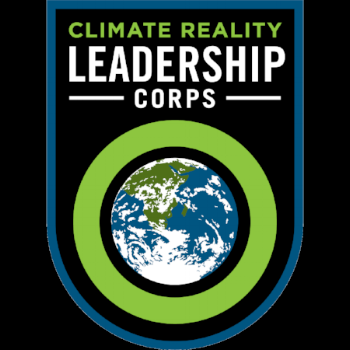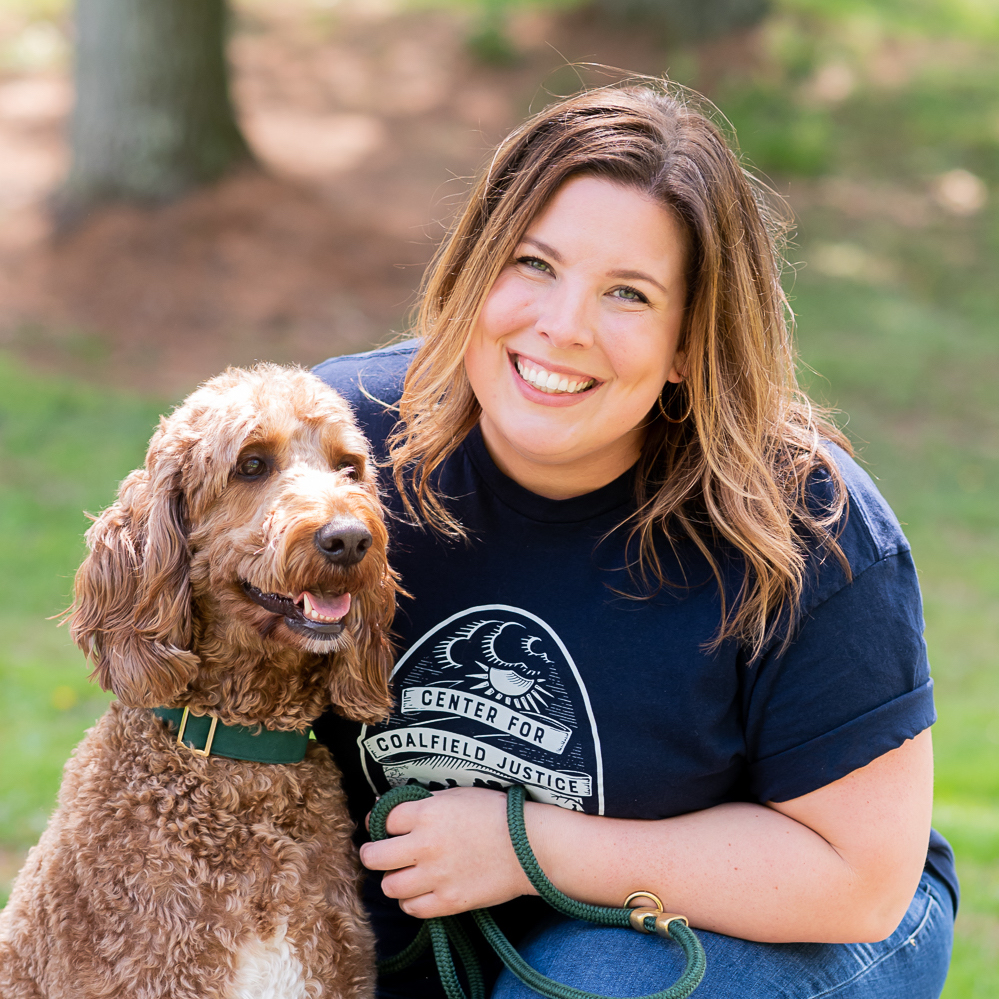
Fourteen hundred concerned community members came to Pittsburgh from October 17-19 for the Climate Reality Project Leadership Corps training at the David L Lawrence Convention Center. Throughout the three days, participants heard from scientists and other experts about the current science on climate change and the crisis that will happen if we don’t act now. CCJ staff members Veronica Coptis and Sarah Martik and board member Lois Bower-Bjornson joined hundreds of others specifically from the Pittsburgh region to learn more about the reality of our environment and ways to create progress.
In the grand debate on climate change, it can be easy to think of the problem as a massive global one, and not to see how it will affect our communities in a very real way. In terms of weather and the environment, Greene and Washington Counties are at a higher risk for flooding and stronger heat waves. In terms of public health, rising temperatures mean that ticks are becoming a greater issue, and the risk of contracting Lyme disease is greater. The worsening flooding would put more stress on our sewage and water systems. Our communities’ local economies are also directly impacted by the global shift to address the climate crisis and shift to cleaner energy sources. We collectively need to decide to enact policies that would prevent these kinds of problems from worsening and to diversify our economy. We also need to plan to deal with the consequences of inaction; however, during our current political times we cannot rely on our government.
One of the most important takeaways from the conference is that, while it is a global issue, climate change can be tackled at the local level, and doing so will not only prevent some of those drastic consequences but also help improve communities. It’s easy to think that jobs in manufacturing and maintaining solar panels or wind turbines would be the only source of new jobs in a renewable energy economy, but one of the strongest sectors for job growth will be in retrofitting existing buildings to meet higher standards for energy use and efficiency. These are jobs that will pay for themselves because of the savings on energy expenses over time, but they also are impossible to outsource. In the fossil fuel extraction legacy areas throughout our entire region, there is also the opportunity to create jobs by reclaiming sites that continue to harm our health and environment.
We face real problems, as was thoroughly discussed at the Climate Reality Project training, but we also have real solutions that would both protect the environment and boost the economy. It is up to us to shift the political will in the United States because a world where people have jobs and clean air/water is the best-case scenario for our community, country, and world.

